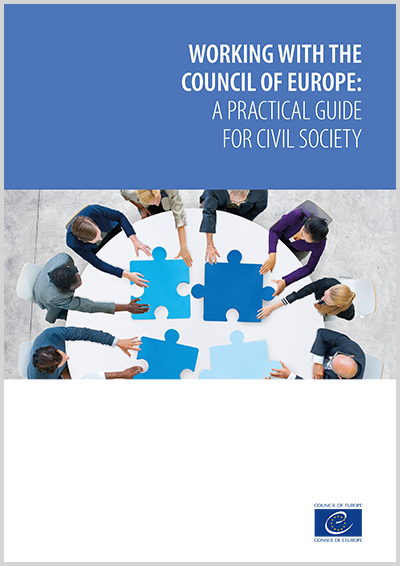Sexual orientation and gender identity

The Council of Europe works to combat discrimination based on sexual orientation, gender identity and/or expression and sex characteristics (SOGIESC) in twelve thematic fields:
- security and protection from violence;
- freedom of association;
- freedom of expression and assembly;
- respect for private and family life;
- employment;
- health;
- education;
- housing;
- sports;
- asylum;
- national human rights structures;
- multiple discrimination.
The Council of Europe gives technical support and expertise to member states on request through co-operation activities aimed at improving the legal and institutional framework in these thematic areas. This can include implementation of judgments of the European Court of Human Rights; capacity building for institutions such as ministries, municipalities, universities, faith-based and civil society organisations; awareness raising and sharing of good practices and co-operation with other international organisations such as the European Union, the EU Fundamental Rights Agency, the European Institute for Gender Equality, UNHCR, the Office of the UN Commissioner on Human Rights, WHO, OECD, and the OSCE.
Civil society is included in all activities. LGBTI human rights INGOs are observers to the European Governmental LGBTI Focal Points Network (EFPN), an intergovernmental network bringing together representatives from national authorities, international organisations and INGOS. ILGA Europe and Transgender Europe are also observers in the working group on SOGIESC equality and contribute to the thematic review of the Committee of Ministers recommendation on measures to combat discrimination based on sexual orientation or gender identity.
The Council of Europe supports civil society in building capacity, awareness raising and sharing good practices through peer to peer exchanges, research and publications, training on combating hate speech – including in faith-based institutions – and combating hate crime that involves police authorities or associations. It helps civil society participate in consultations and brings together civil society and national governments if there are problems organising Pride events.
A compendium on SOGIESC-inclusive legislation and policies is open to contributions, such as legislation (draft or final), national action plans and strategies (general or relating to a field such as education or youth), parliamentary resolutions, best practice compilations, national jurisprudence, toolkits, and guidance documents. Submissions to the list of LGBTI victim support resources in member states, as well as alerts about new practices, policy measures and legislation negatively affecting LGBTI people are also welcome.



